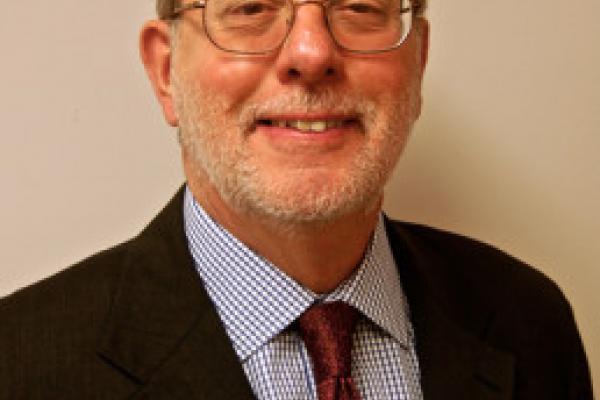In the perfection of hindsight, I see that I was clueless when I knelt before the Episcopal bishop of Indianapolis on a snowy December night 36 years ago and claimed my prize: ordination as a priest.
I had no clue how to serve a congregation. Other than planning Sunday worship — the easiest of all clergy tasks — I was unprepared.
How to make a hospital visit; how to lead a council whose only instinct was not to spend money; how to grow a church; how to comfort the lost and to humble the found; how to hear what the world needed from us — I knew none of it.
I had worked hard in seminary. If someone wanted a seminar on church politics, or an in-depth exegesis of the Gospel of Mark, I was ready.
But people weren’t asking those questions. They were asking how to survive another 20 years on the assembly line, how to deal with personal failure, how to rebuild a marriage shattered by alcoholism, how to raise children in a dangerous world.
On the questions they were asking, I had no voice — no background, no insights, no relevant connections to faith. My one virtue as a newly minted priest was that I knew — from my journalism days — how to ask questions.
In this clueless state, I was probably no different from a new teacher facing her first classroom, or a lawyer filing his first brief, or a couple bringing a newborn home from the hospital.
Whatever our training, walking the walk can be a terrifying experience.
The issue, it seems to me now, isn’t whether I should have known or been trained better. The issue is how I dealt with not knowing. Should I bluster and bristle, or listen and learn? Claim the privileges of office, or confess a weak starting point? Go inside where it’s safe, or wade into chaos partly of my own making?
Learning on the run is hard. I still remember the day a wise old hand took me to lunch and said, “You really don’t know what you’re dealing with, do you?”
I remember not blustering or bristling at the question, but listening. I was that desperate. He gave me the lessons I needed for this new reality. Suddenly, everything made sense.
At that point, I lost all interest in perpetuating the old order. I had no more patience with the tried-and-true ways that were killing the church. I saw my people in their brokenness; I saw myself in my brokenness. One more season of fertilizing a dying tree seemed pointless.
It was time to grow faith communities, not to maintain legacy churches. It was time to make a difference in the world, not to make the comfortable a little more comfortable. It was time to be the Body of Christ, not a mild, inoffensive presence affirming local culture.
Now I was in the soup. When people pushed back to preserve the old order, I faced my greatest dread — conflict — and found my toolbox empty.
The anniversary of my ordination isn’t a day when I go all gooey inside at remembering ordination. It is a day when I ask, “What was I thinking?”
And then the larger question: “What was God thinking?” I think I know the answer. It just took three decades to hear it.
Tom Ehrich is a writer, church consultant and Episcopal priest based in New York. He is the author of Just Wondering, Jesusand founder of the Church Wellness Project. His website is www.morningwalkmedia.com. Follow Tom on Twitter @tomehrich. Via RNS.
Got something to say about what you're reading? We value your feedback!
